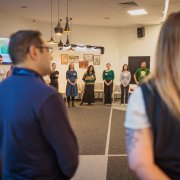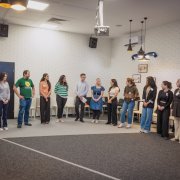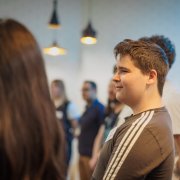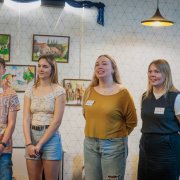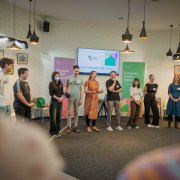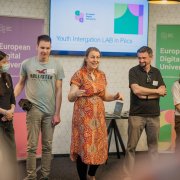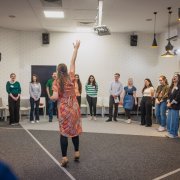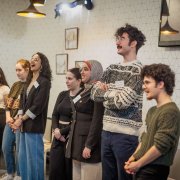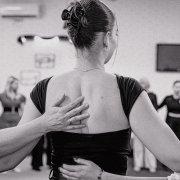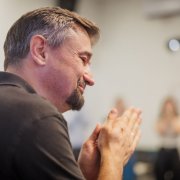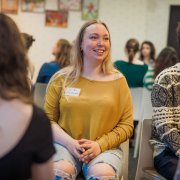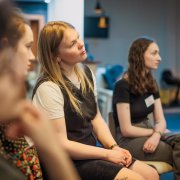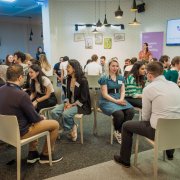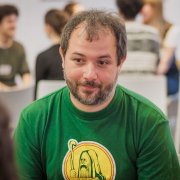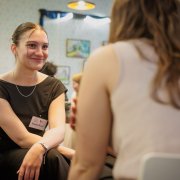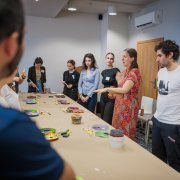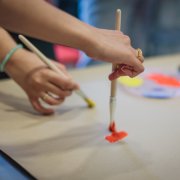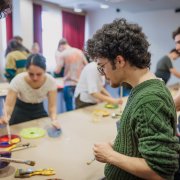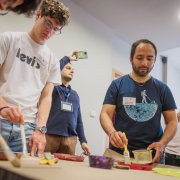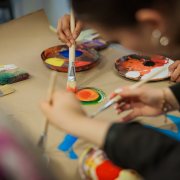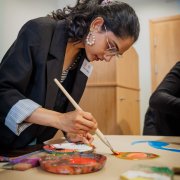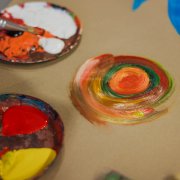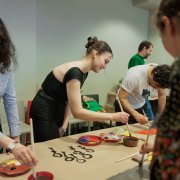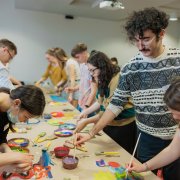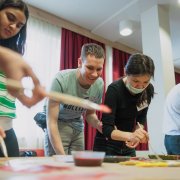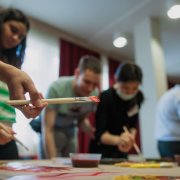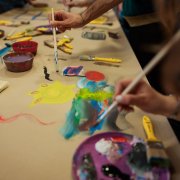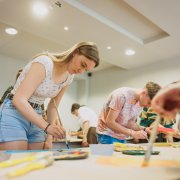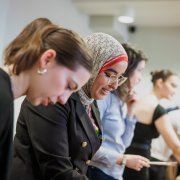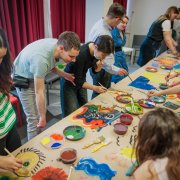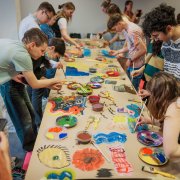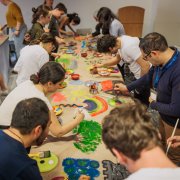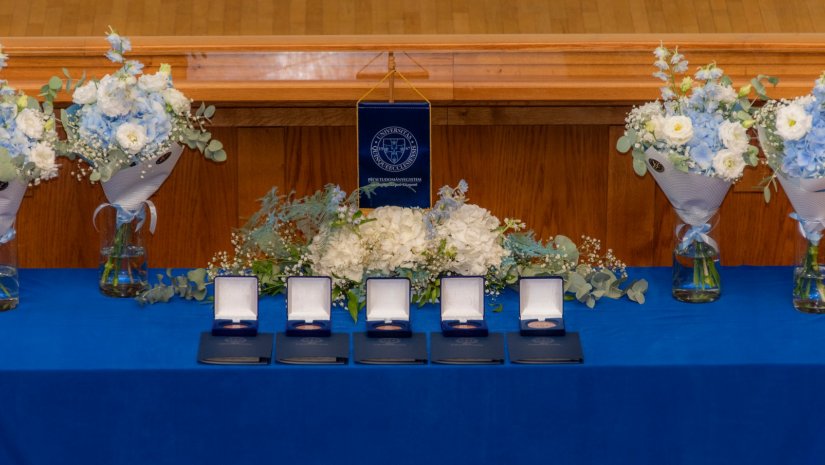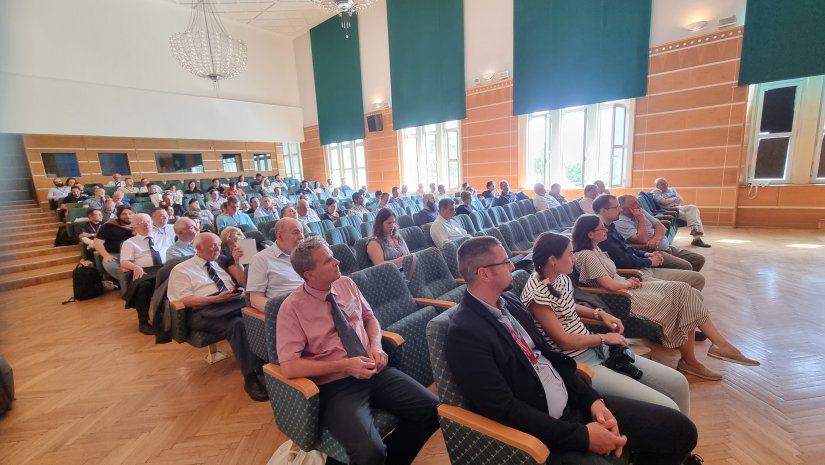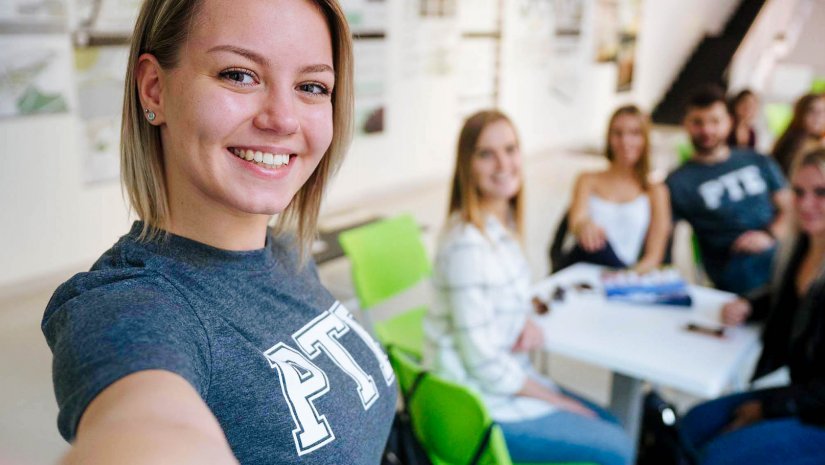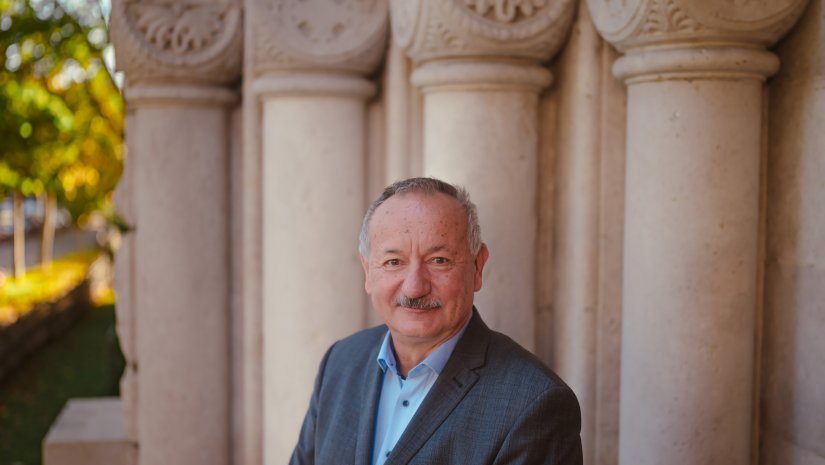What happens when young people from across Europe gather in one room with paintbrushes in hand and passion in their hearts? You get the EDUC Youth Integration Lab, where challenges turn into conversations, and conversations spark change. Held between 24-26 April at the Fordan Hotel, the “Youth Overcoming Disadvantages of Space and Society” event became a vibrant melting pot of cultures, ideas, and youthful energy. Organized under the umbrella of the EDUC - European Digital UniverCity Alliance, the Lab welcomed participants from eight European universities and local Hungarian youth to explore how geography, social inequality, and identity affect access to education, opportunities, and adulthood itself.
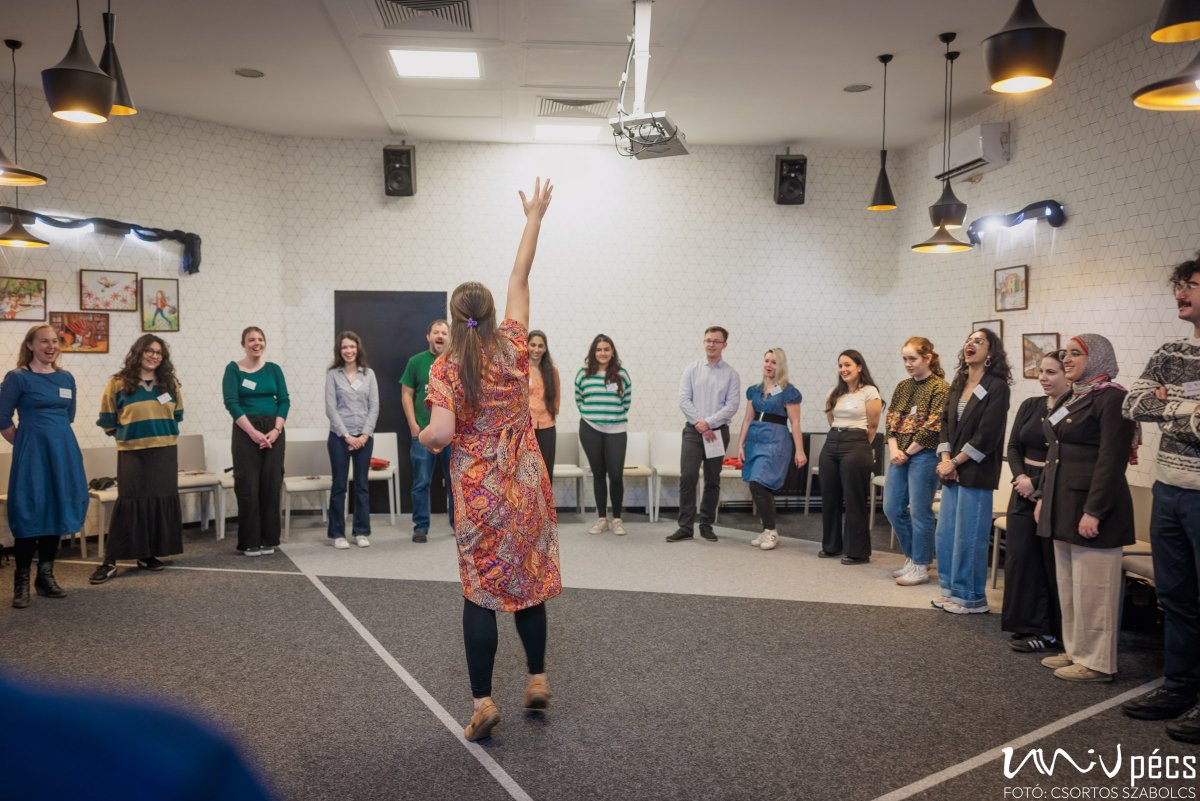
This wasn’t just another academic seminar. Instead of long lectures, there were dynamic games, playback theatre, painting in pairs, and deep, honest conversations. Imagine a morning that began with coloring outside the lines, followed by intense discussions on rural youth participation and how short-lived youth organizations still manage to leave a lasting impact.
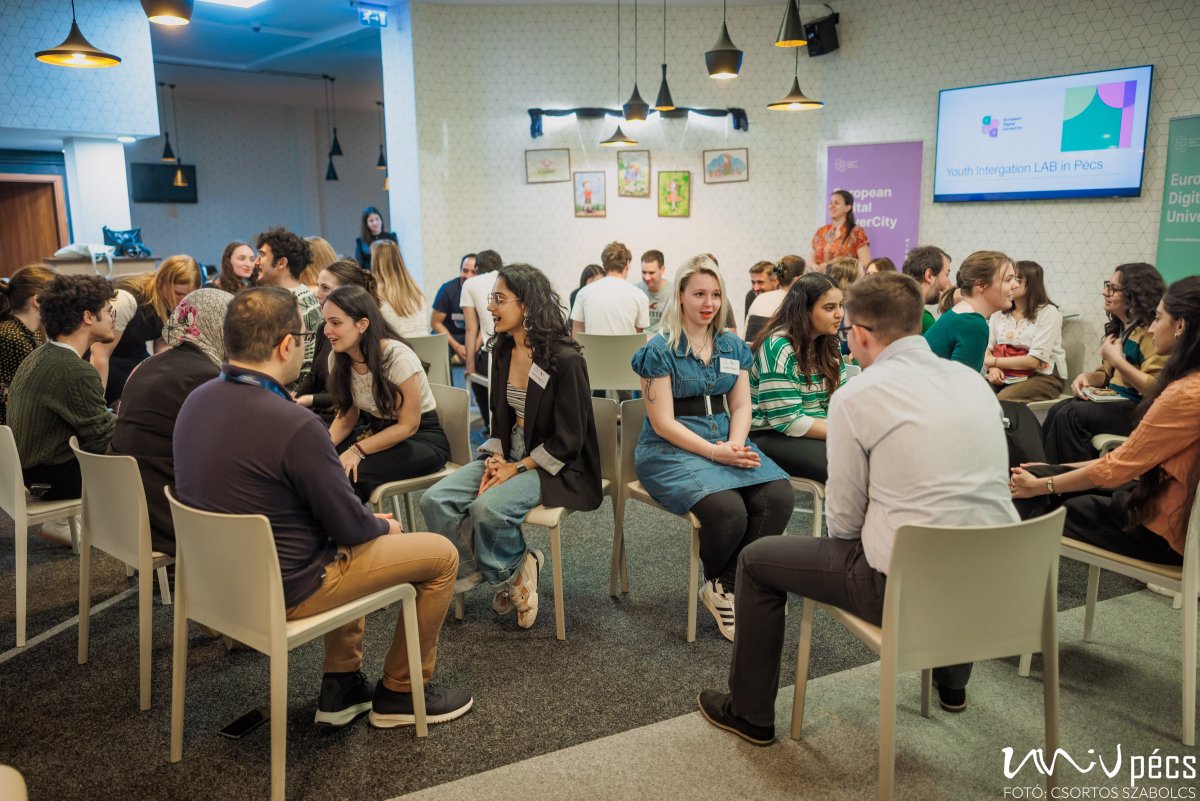
Each voice contributed to a collective mission: to break barriers, build bridges, and imagine a Europe where no young person is left behind. And this was just Day One. Each day had its rhythm: Thursday warmed up with theatre, painting, and personal storytelling. Friday brought deep dives into youth work, peer-led panels, and an eye-opening excursion to Pécsvárad. And by Saturday, the room had transformed, no longer strangers, but co-creators presenting real solutions to structural disadvantages.
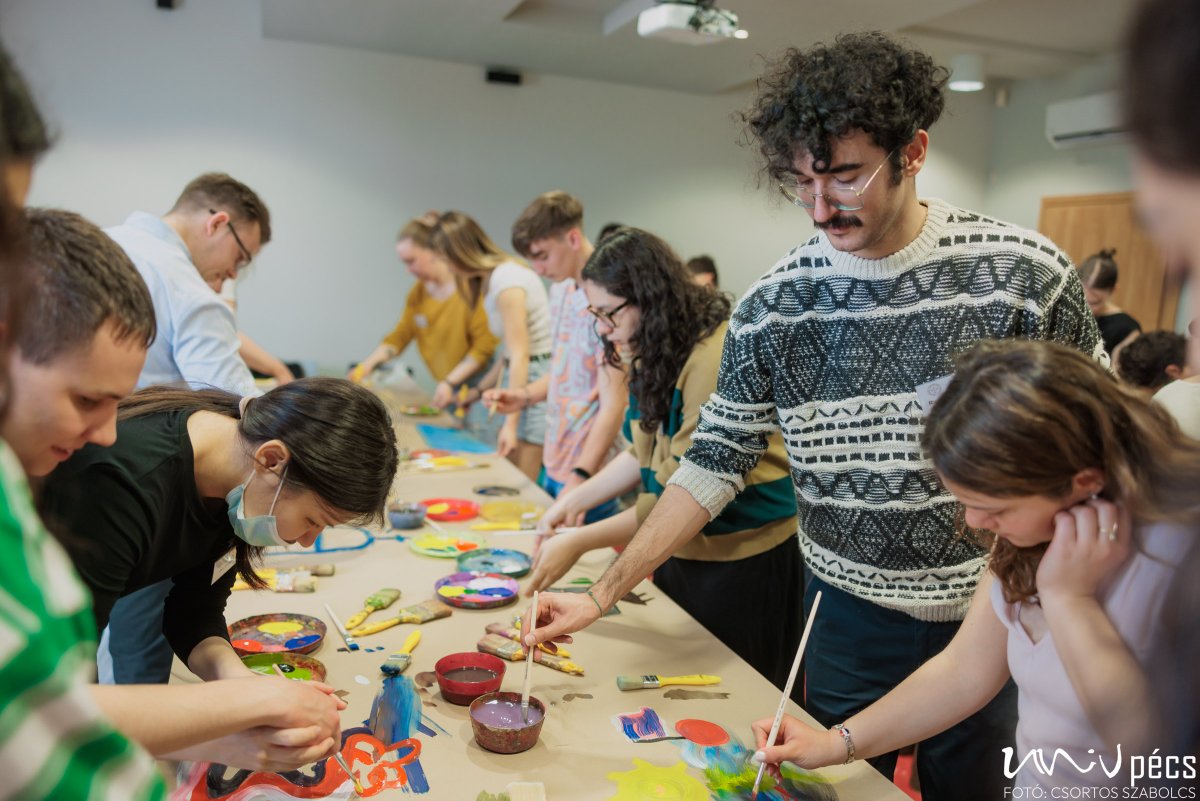
Whether it was exploring how ethnic background limits access to education, how rural youth often feel forgotten, or how short-lived youth organizations can still make long-term impact, the message was clear: young people know the problems, what they need is space, trust, and tools to lead the solutions.
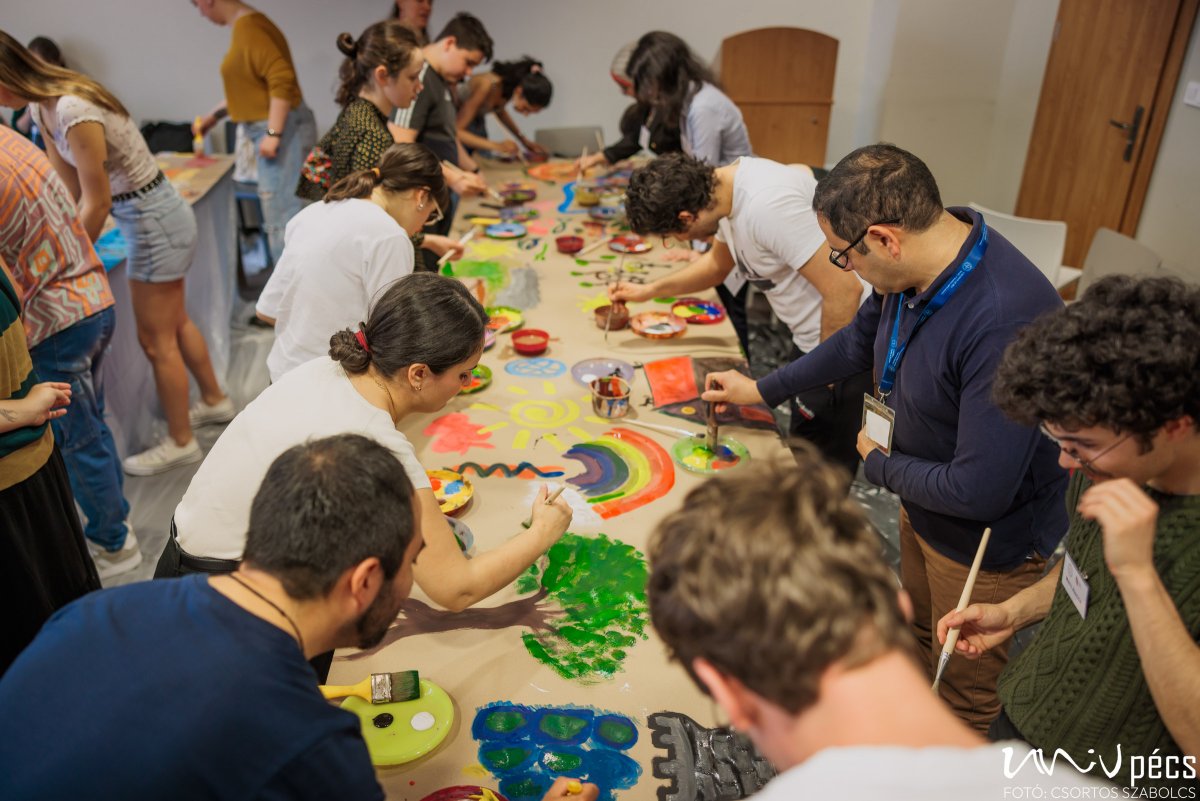
As the last coffee was poured and final reflections shared, one thing was certain: the EDUC Youth Integration Lab didn’t just empower youth to speak up; it reminded them that
they already have a voice, and it matters.



